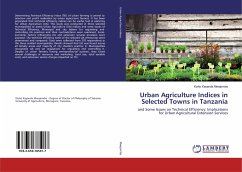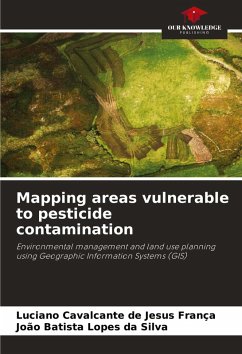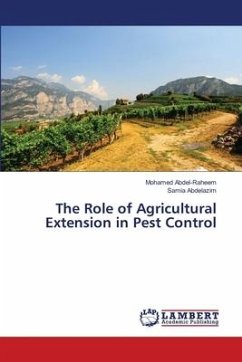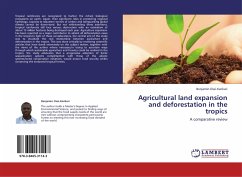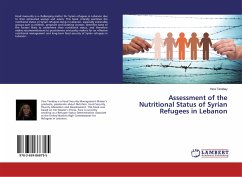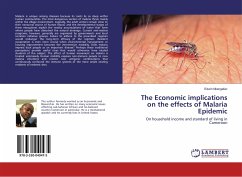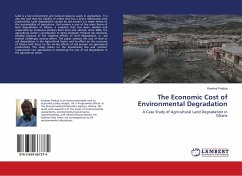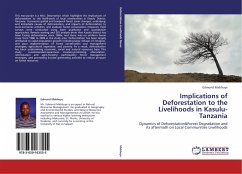
Implications of Deforestation to the Livelihoods in Kasulu-Tanzania
Dynamics of Deforestation&Forest Degradation and its aftermath on Local Communities Livelihoods
Versandkostenfrei!
Sofort lieferbar
39,99 €
inkl. MwSt.

PAYBACK Punkte
20 °P sammeln!
This manuscript is a MSc. Dissertation which highlights the implications of deforestation to the livelihoods of local communities in Kasulu District, Tanzania. It presents spatial and temporal forest cover changes, underlying and immediate causes of deforestation, and impacts of deforestation to socio-economic activities; and evaluate forest conservation measures. Field surveys were conducted using both qualitative and quantitative approaches. Remote sensing and GIS analysis show that Kasulu district has been facing deforestation since 1980s; and there was no uniform forest cover from 1986 to ...
This manuscript is a MSc. Dissertation which highlights the implications of deforestation to the livelihoods of local communities in Kasulu District, Tanzania. It presents spatial and temporal forest cover changes, underlying and immediate causes of deforestation, and impacts of deforestation to socio-economic activities; and evaluate forest conservation measures. Field surveys were conducted using both qualitative and quantitative approaches. Remote sensing and GIS analysis show that Kasulu district has been facing deforestation since 1980s; and there was no uniform forest cover from 1986 to 2009 in the study area. Deforestation has been largely attributed to rapid population growth including large influxes of refugees, and poor implementation of forest conservation and management strategies, agricultural expansion, and poverty. As a result, deforestation has been undermining economic, social and natural resources base. This study recommended awareness creation,promoting aforestation, reforestation and agro-forestry; participatory forest management strategies, and promoting income generating activities to reduce pressure on forest resources.




